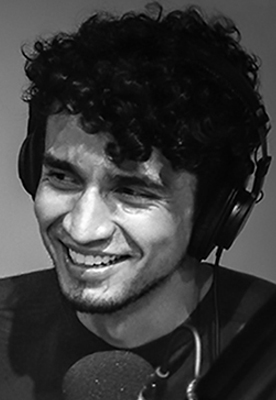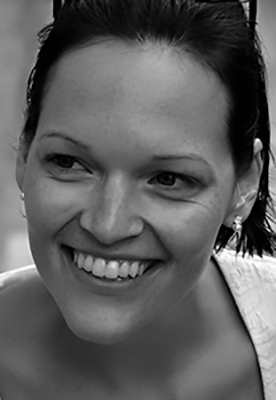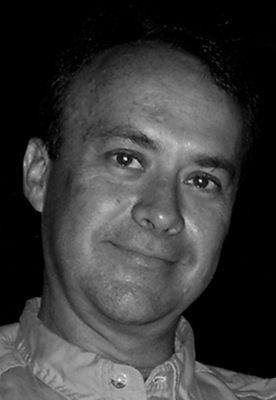43. Buds of Bilingualism
None of us can master every language, but we can all learn phrases that extend a symbolic hand in greeting and say, “To show I respect you, and therefore your language, I’ll try to speak a few words of it.” No matter how poor the result linguistically, you’ve often made a friend.
And thus, a bud of bilingualism blooms. Like the buds of flowers, it holds the promise of something wonderful.
In Episode 43 of the America the Bilingual podcast, we’ll hear how some native English-speaking Americans practice buds of bilingualism everywhere they go in the world…including their own backyards.
Rock stars, bucket lists, no Diet Cokes
Karen Gross, a former Senior Policy Advisor to the U.S. Department of Education, became something of a rock star in Iceland when she opened a speech she gave there in Icelandic. “It was the first time an American had come to their nation and made an effort to speak the language,” she says.
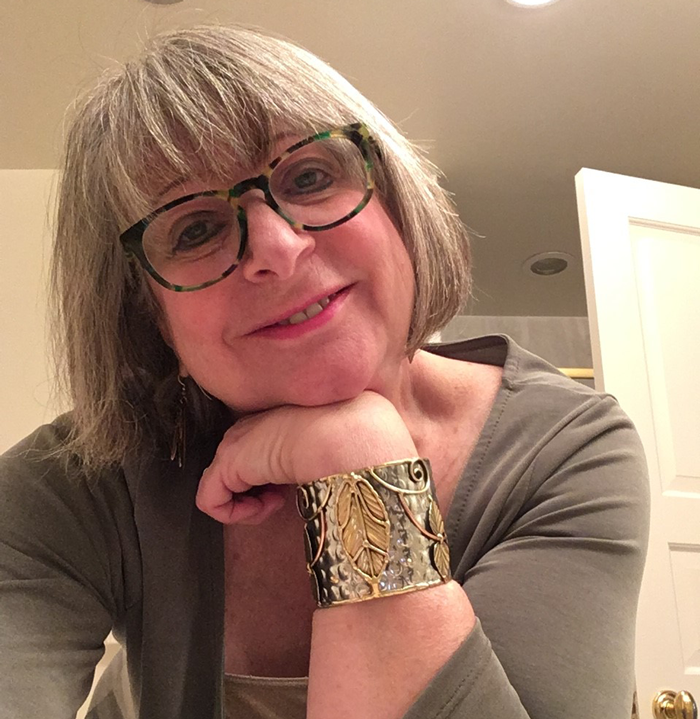
Karen Gross amazed her Icelandic hosts by beginning her talk in their difficult language.
Kat Cohen, who travels overseas extensively for the company she owns, practices buds of bilingualism everywhere she goes, and uses some as sweet consolation for certain items on her bucket list—“the languages that I don’t know whether I’m going to have time to learn.”
Kat, like Karen, is fluent in two other languages. It seems that people who are already bilingual are eager to propagate buds of more bilingualism—much like orchid passionistas can’t stop with just one variety.
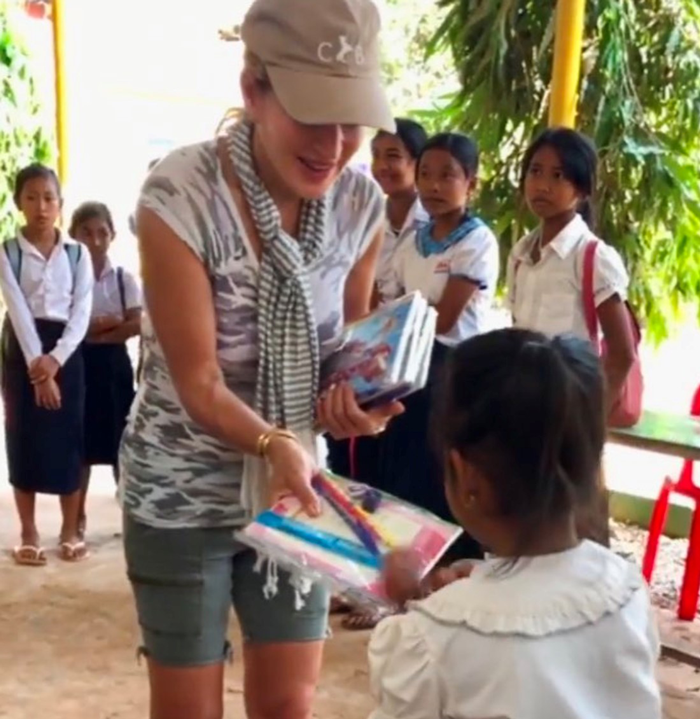
Kat Cohen presents Cambodian children with books and supplies.

Kat Cohen with schoolchildren during a trip to Cambodia.
Doug Renfield-Miller, already a French bilingual, says he “picked up enough words in Japanese to be very polite” when he met with clients in Japan. His Japanese buds cultivated something more than good manners: he gained an empathetic appreciation of the culture. That helped him win clients that an American competitor was vying for. Tip: don’t ask for Diet Coke when you’ve been offered tea (which his competitor would do).
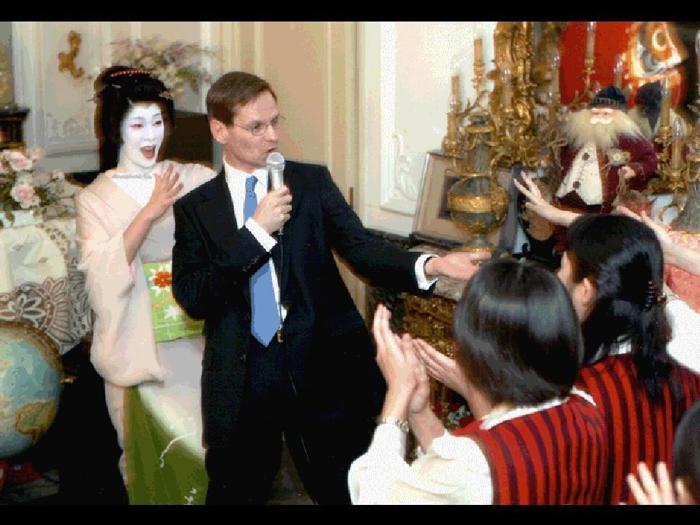
Doug Renfield-Miller does karaoke like a native (almost).
Buds in the backyard
You don’t have to leave home to practice every bud of bilingualism. Jim Rosenstein, an American businessman who knows four European languages, learned a few words in a fifth to greet his banker in Manhattan. He could easily have just spoken to her in English.
And Luc Tardif, from Université Sainte-Anne in Canada, whom we met in Episode 41, swapped his native Québécois French for Mandarin to welcome a Chinese delegation to the school.
In the episode, you’ll hear Karen speak the Icelandic that got her a standing O from the audience, Kat talk Turkish, Doug say the Japanese equivalent of gesundheit, Jim speak his first words of a new language, and Luc extol the virtues of a French immersion course to his Chinese visitors. You’ll also hear Steve as he practices some buds of Arabic, with the help of Aziz Goumi, during his visit to Morocco (Episode 39).
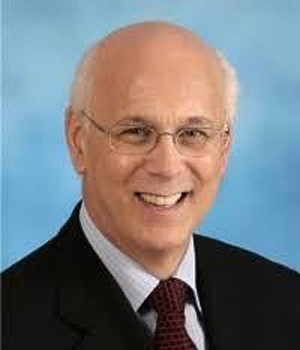
Jim Rosenstein enjoys having a budding conversation with his banker.
Steve’s advice: “seek local knowledge”
In the boating world, the final direction you’ll sometimes receive on a navigation chart as you head toward a shore is to seek local knowledge. Steve applies the same principle when he’s learning buds of bilingualism in the countries he visits.
While Google Translate and apps such as Bravolol All-in-One Phrasebook are helpful tools when you travel, Steve suggests seeking out your own local knowledge at destinations as well, to help seal the friendship.
“What I find really effective is asking for help from local bilinguals, like the hotel concierge or restaurant wait staff,” Steve says. “They will appreciate your interest and gladly teach you how to say ‘thank you.’ Then, if you can speak with them a few times during your visit, try adding a new phrase each visit, like ‘good morning,’ ‘good evening,’ and whatever courtesies are commonly spoken. You’ll not only learn; you’ll also build friendly relationships. And you can practice the phrases you learn with other locals.”
Practicing buds of bilingualism may not lead you to true learning of the language, but attempting to speak a few words of all the languages you encounter can result in smiles and friendships everywhere you go. Using buds of bilingualism may be the surest way to elevate your status from tolerated tourist to valued visitor.
HEAR THE STORY
Listen on iTunes by clicking here: America the Bilingual by Steve Leveen on iTunes. Or on SoundCloud here. Steve comments on Twitter as well.

Plucked from Wikimedia Commons.
Credits
The America the Bilingual podcast is part of the Lead with Languages campaign of ACTFL—The American Council on the Teaching of Foreign Languages.
This episode was written by Mim Harrison, the editorial and brand director of the America the Bilingual project, and edited by Fernando Hernández, who also does the sound design and mixing. Steve Leveen is the executive producer and host. Our Social Media Maestro is Caroline Doughty. Beckie Rankin is the podcast’s associate producer. The team at Daruma Tech powers our website. Graphic arts are created by Carlos Plaza Design Studio. Meet the America the Bilingual team—including our bark-lingual mascot, Chet—here.
Special thanks to author Gabriel Wyner for reminding us of the U.S. Foreign Service Institute’s levels of difficulty in his book Fluent Forever.
Support for the America the Bilingual project comes from the Levenger Foundation.
Music in this episode, “Quasi Motion” by Kevin MacLeod, was used with a Creative Commons Attribution License. Our thanks to Epidemic Sound for helping us make beautiful music together.
Reading for the road
In his book The Joys of Travel, author and travel writer Tom Swick shares how he became a budding bilingual—and more—in Polish when an encounter with a young Polish woman blossomed first into love, then into marriage.

Let us know what you think
If you like this episode, please share with a friend and subscribe on iTunes, or wherever you listen to podcasts. And let us know what you think: leave a comment on our Facebook page about this episode, or on any other thoughts you have about bilingualism in America. We love hearing from our listeners!

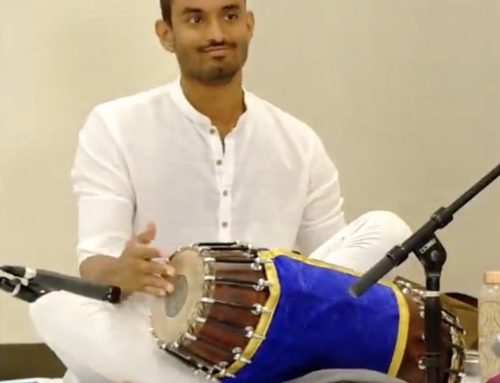

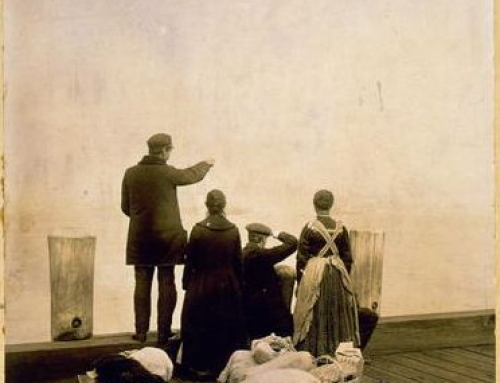
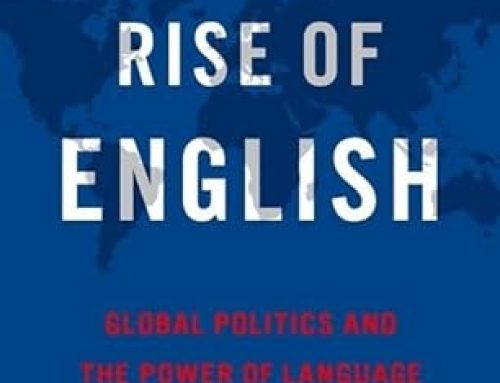
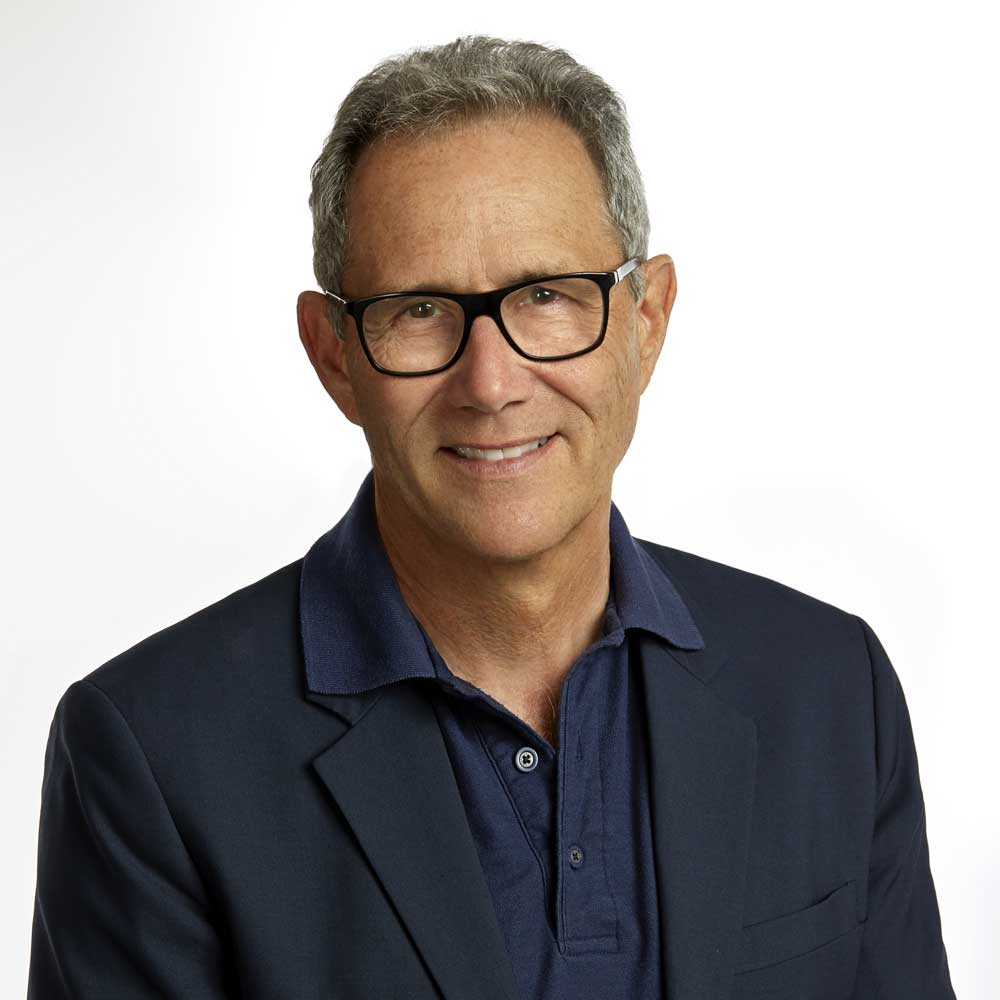 You can book Steve for many different audiences
You can book Steve for many different audiences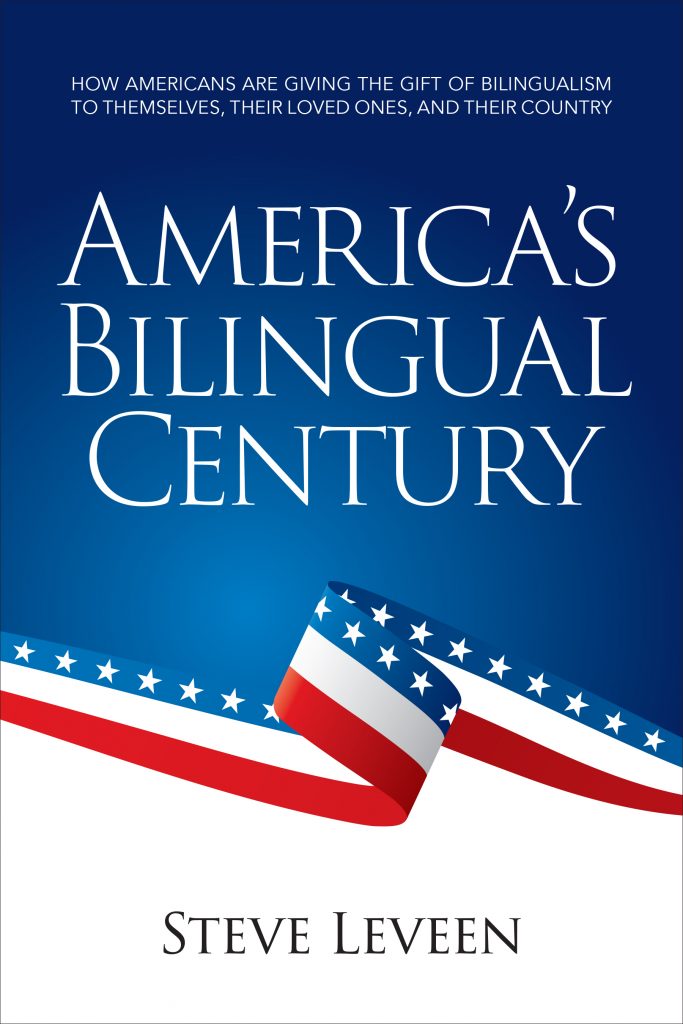

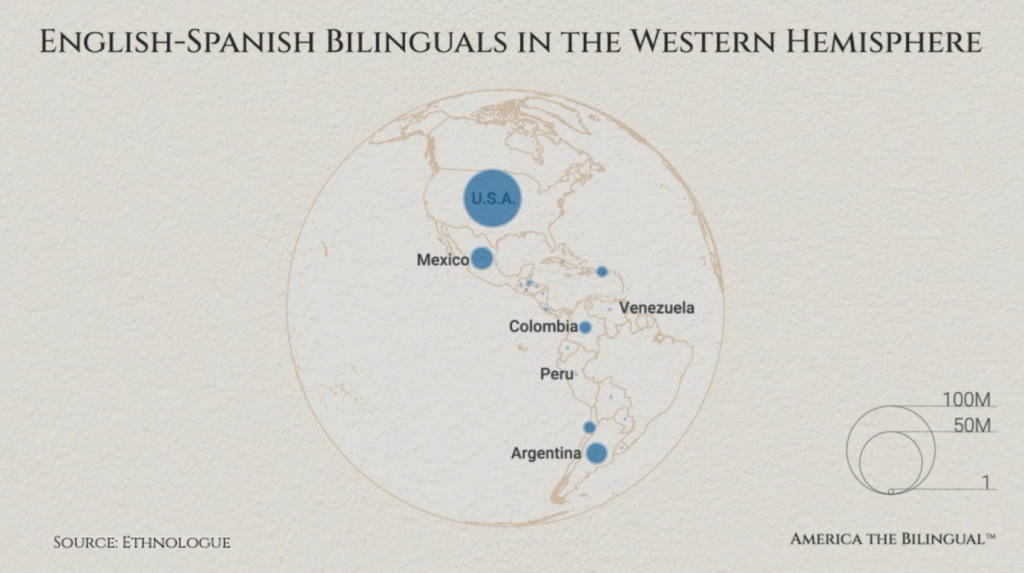


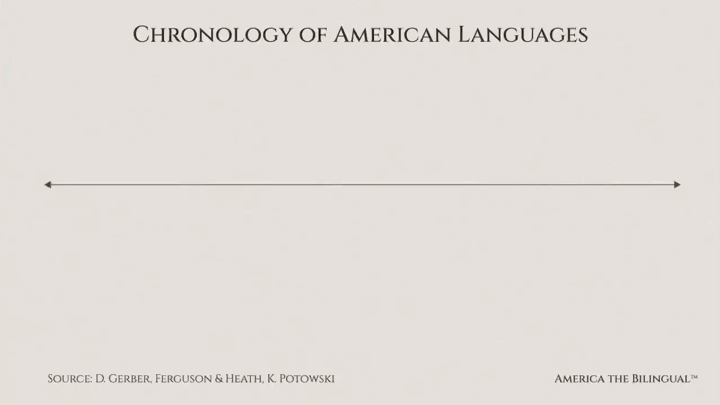


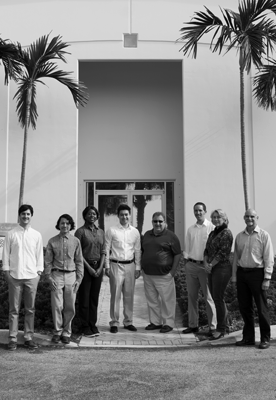
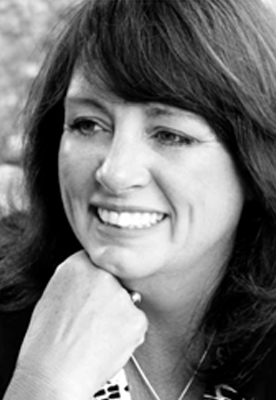 First, know that she has one of those glorious English accents (or what all of us who are not English would call an accent), which makes her a natural for the audio book narration that she does. Although U.S. born, Caroline grew up in England and studied literature at the University of Warwick (fyi for American ears: that second “w” is silent).
First, know that she has one of those glorious English accents (or what all of us who are not English would call an accent), which makes her a natural for the audio book narration that she does. Although U.S. born, Caroline grew up in England and studied literature at the University of Warwick (fyi for American ears: that second “w” is silent).